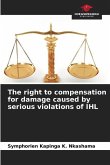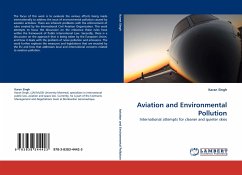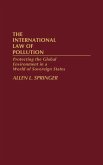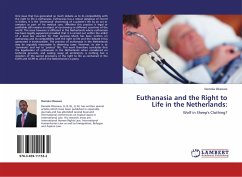The European Court of Human Rights has never endorsed a claim under Art. 2 (right to life) of the ECHR in cases of serious environmental pollution potentially affecting human health, but has rather preferred to discuss them under Art. 8 (respect for private and family life). Such jurisprudence poses questions which have not been entirely explored, both with regard to the specific individual rights under the ECHR which may be affected by the environmentally hazardous activities and with regard to the duties of the State party to take positive steps to regulate such issues at the national level in a manner that ensures compliance with its obligations under the ECHR. As a case study, the author analyses the Italian legislation governing the installation of base stations to improve the performance of mobile phones on top of residential buildings in densely populated areas and the related jurisprudence.
Bitte wählen Sie Ihr Anliegen aus.
Rechnungen
Retourenschein anfordern
Bestellstatus
Storno





![Steady Habits Vindicated, or, A Serious Remonstrance to the People of Connecticut, Against Changing Their Gover[n]ment Steady Habits Vindicated, or, A Serious Remonstrance to the People of Connecticut, Against Changing Their Gover[n]ment](https://bilder.buecher.de/produkte/65/65282/65282950m.jpg)


